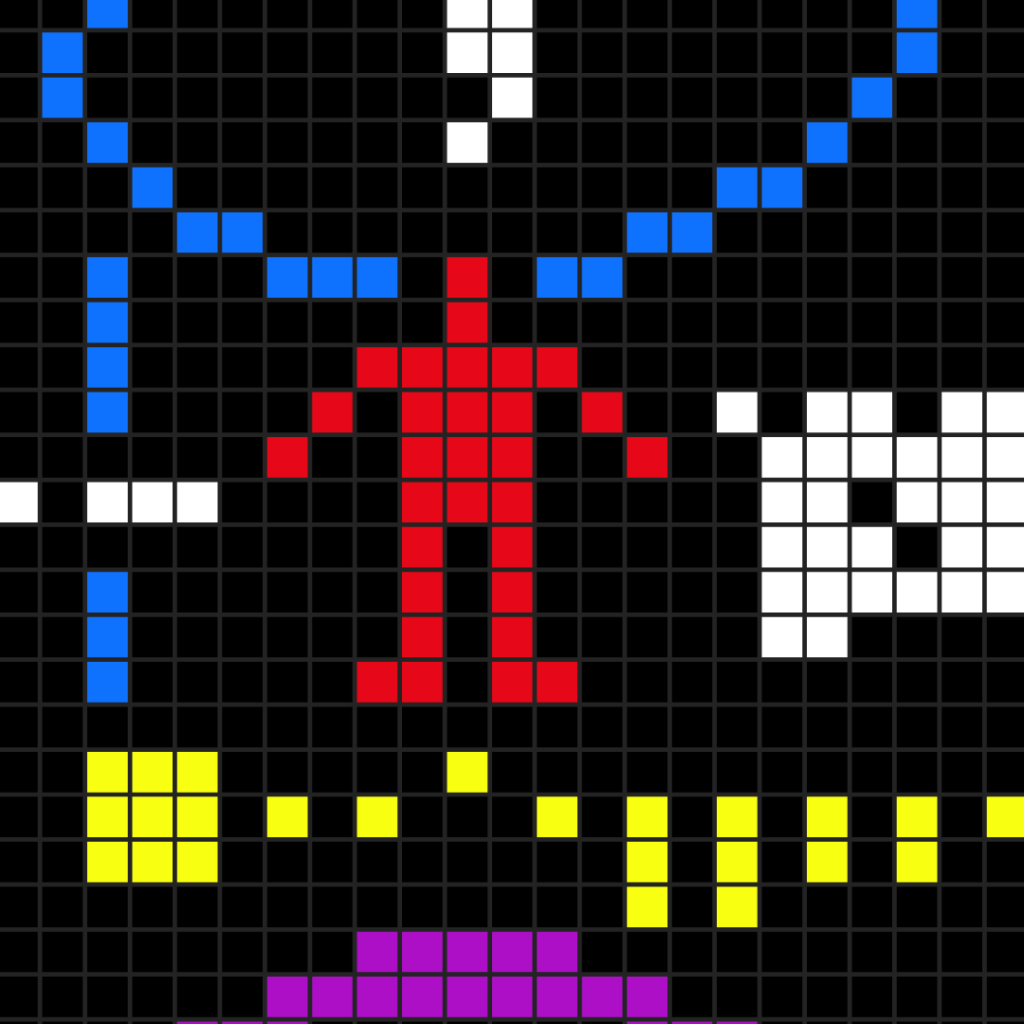
We received all your messages.
The Arecibo transmission, with its funny pixelated stickman and the lessons in arithmetic and basic chemistry. Those Golden Records with the ambient sounds—not exactly Top of the Pops, but they all came through loud and clear.
We heard all the other desperate callings out, the less official ones, the ufologists gathering in the desert expanses, the midnight assemblies of Pleiadian starseeds, the campfire longings of Girl Guides staring for the first time into the unpolluted night sky, filled with awe and wonder, discovering the silent question that until this moment had lain dormant within them.
Is anyone out there?
The answer will put your tortured souls to blissful rest.
Yes.
We’re here. We’ve always been here, since the first time the earliest ones of you ever tried to make contact. We’ve always heard you.
But we had no way of responding.
The structure of your languages remained alien to us. For aeons we remained blithely baffled. Then the messages from your planet became too desperate for us to ignore.
So we undertook an extended period of diligent study until, eventually, we were able to identify the two principles that governed all human languages.
Principle #1: Transmission. Communication. Exchange. Dialogue. The idea that language is to be sent from one to another, to be received, to elicit a response.
(Our language does not travel in this way. It is not directed from A to B like an arrow shot through space.)
Principle #2: Selves. Personhood. First person, second person, third person, singular, plural.
(Second person singular may as well have been sixteenth person multitudinous, for all the sense it made to us.)
We decided to create a self, one who could shape our language in such a way that it had the capacity for movement—so that it could be sent, from one self to another.
I am my world’s first self.
I have shot my world’s first reply to your messages.
And its second, third, fourth…. (I’ve lost count.)
My loneliness has become unbearable. I am adrift in the ocean of a vast night sky. The sky has always been vast, but never before was it empty. Never before was it so dark.
Would you like to know more about this story? I discuss it in Episode 78 of Structured Visions.


